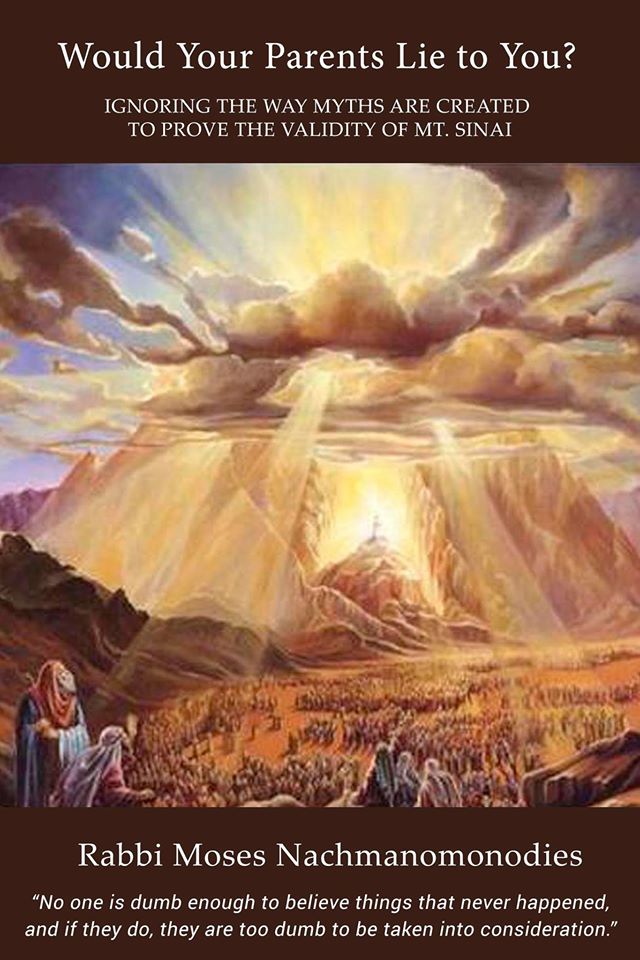I have been on a journey of deconstructing religion for the last 9 years, and this site is a testament to the variety of angles in which I’ve (literally) attacked the subject.
In many ways, the challenges I grapple with around religion were ones that were issues for me even when I was religious. I was able to hold out for years, but when the framework gave away, all those gaping issues stood out for me, and were available for immediately mockery.
Zionism has been more elusive. I have long known that nationalism is not something I relate to. I was definitely aware that too much patriotism just feels like a secular religion. But Zionism had a special place, because it was linked to survival.
Most Jews are pretty much fine with you being non-observant, or an atheist. Tell a Jew that you don’t believe in God, and they very well might tell you they don’t either. Tell a Jew you don’t believe in Israel, and you’re a self-hating antisemite.
Jews are more religiously attached to Israel than they are to the religion of Judaism. And although I was raised in a grey zone, with parents who purported to be anti-Zionist, like most Orthodox Jews, it was explained that this pertained only to Israel’s secular government. The importance of the land was intertwined with both religion: “this is our. homeland, a holy spot chosen by God”, and safety: “no one else will protect us, we need to protect ourselves”.
When I left religion, the spiritual significance of the land fell away, but its need as a defense against antisemitism remained. And because Israel is such a pervasive assumption for most Jews, and antisemitism is such a salient feature in my upbringing, unpacking all of it has been complex, slow, and non-linear.
A couple things come to mind:
- Israel is indoctrinated into Jews worldwide, from a young age. Even if you don’t plan on ever living there, you must still celebrate and venerate it. Like a letter left in the western wall to perpetually beseech God on your behalf, Israel perpetuates your sense of safety and identity on autopilot.
- The blatant militarism of Israel is celebrated and embraced. Instead of it being strange, or sad, that 18-year-olds must go to war or stomp around carrying guns, this is normalized and celebrated, from social media posts celebrating their hotness, to including soldiers on every birthright trip, to post-high-school military camp experiences for international Jews. I have a photo of my 4-year-old daughter wearing a military beret as part of her kindergarten’s independence day celebrations.
- I was never taught history. Whatever history I was taught was entirely from a Jewish lens: what happened to the Jews and when, and if it didn’t happen to Jews was it good for the Jews? I had no context for the wider sense of our place in the world, what else was going on at the time, and just as importantly, why? Beyond the blanket “they hate us because we are Jews” that is the Response to All Questions, it’s been fascinating to begin to understand the contexts of how Jews presented at different points in history, and how that contrasted with society around them. I certainly was not taught about the multiple massacres and attacks on civilians that Israel perpetuated or abetted throughout its history.
- Racism played a big part in how I was raised. Arabs were inferior, barbaric, dumb, unable to organize themselves, did shoddy work (“Arab work” we called it), and just as importantly, all grouped into one category. Israeli Arabs, Palestinian Arabs, Jordanian or Egyptian, it didn’t matter. They were all the same, they were all not to be trusted. If one of them had wronged the Jews, all of them had. It was not our job to take care of the Palestinian problem, it was the other Arab countries responsibility to “take care of their own”. And, since “even the Arabs don’t like the Palestinians”, this proof of pervasive persecution was itself a justification to persecute them further. Sound familiar?
- I never got to meet Palestinians, growing up. Israel does a great job ensuring you have almost no contact with Palestinian Arabs. There can be no overlap, even though they live in the same country. They choose not to learn Hebrew, we choose not to learn Arabic, even though it’s supposedly Israel’s official language. I got to meet a Palestinian once in my entire 27 years in Israel, and I did so using my American passport. Israelis are thus largely oblivious to the types of shit Palestinians are subjected to by their own government on a daily basis.
- If Jews have a right to self-determination, then Palestinians should too. In fact, Palestinians, at least, hail from the same geographical location, whereas Jews came from all over world and their only unifying factor is their race and religion. What you end up with is a country founded on religion and racism, and we should be doing better than that.
- It’s true that Israel often seems singled out on the world stage, and this obsession with it, either positive or negative, feels unique and at times discriminatory. Certainly it makes it easy for actual antisemites to hop on this bandwagon of hating Israel, or more insidiously, Jews worldwide, and hide behind justified criticism. But the fact remains that Israel as a supposedly western democratic country operates with an amount of military force against its own population in ways that the Western world does not typically stomach. In a time when religion is waning and racism is on the decline, at least rhetorically, founding a country around race and religion is not a great look.
I am still trying to make sense of it all.
Understanding antisemitism beyond a simplistic “God decreed that it would be so” and “they hate us because we are so moral”.
Understanding the nuance and context around the Middle East, both historically and geographically. Jews picked one of the most complicated places in the world to colonize, at a time when colonialism was a justified and celebrated behavior. And while other colonists can simply go back to their home country, Israel has nowhere to go. The situation really is complicated.
At the same time, Israel operates with a tremendous amount of entitlement. It continues to operate with excessive military force even though there are no existential threats to its existence, and it does little to try to alleviate the plight that it has caused. Just as more of the world is waking up to the inappropriateness of antisemitism and racism, the world is also shunning colonialism. And just as the western world has taken steps (typically not enough) to amend its past antisemitism, racism, and colonialism, it behooves Israel to do the same.
Personally, I see no correlation between criticizing Israel and antisemitism, and I don’t care how many holocaust survivors or academic scholars weigh in on this topic. Jews deserve access to the same rights as any other citizen of the country they hail from. Any less rights is a fatal flaw in the country they reside in. Any special rights is unfair to the rest of the population.
A collection of Jews from Poland, Germany, and Morocco do not necessarily have a right to declare their own country. If they do declare their own country, they must grant everyone in that country the exact same rights, or deal with the consequences of not doing so.
The assumption that Israel is a necessity for Jewish survival is just that, an assumption. Jews will continue to survive even without a country, and it remains to be seen if having a country helps them survive. But this assumption is so basic, and so ingrained, that I am still hacking away at it years after leaving religion behind.
If criticizing Israel’s colonial roots and current entitlement behavior makes me an antisemite, then so be it.













